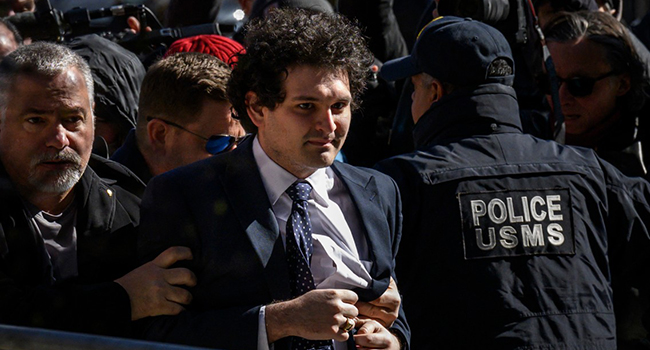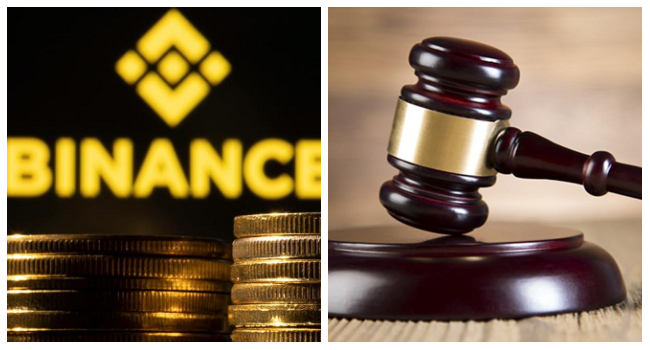
A Senior Advocate of Nigeria, Dele Belgore, has filed an application asking the court to direct the Economic and Financial Crimes Commission (EFCC) to release one of the statements made by him at the commission’s office.
At the resumed hearing of the case on Tuesday, Belgore’s counsel, Yemi Akangbe, argued that the EFCC was suppressing evidence by not producing all the statements that his client made during the investigation.
According to the lawyer, his client had January 27, 2017, made more than one statement, but the prosecution has only produced one of them.
He also argued that it was his client’s constitutional right to have all the statements given to him to enable him to prepare his defence, urging the court to direct the prosecution to produce the statements.
The prosecution, however, submitted that it did not have the statements but the defendant’s counsel urged the court to call for evidence to resolve the issue.
Justice Rilwan Aikawa consequently adjourned till May 23 and 24 for ruling on the application and continuation of trial.
He also directed the second defendant, Professor Abubakar Suleiman, who was not represented by counsel in court to inform his lawyers of the next adjourned date.
Mr Belgore and Professor Abubakar, a former Minister of National Planning, are standing trial at the Federal High Court in Lagos over allegations of laundering N450million.
The duo were re-arraigned by the anti-graft agency on November 28, 2017, before the court on an amended nine-charge bordering on the alleged offence.
They had, however, pleaded not guilty to the charge when it was read to them.
In the amended charge, the EFCC alleged that a former Minister of Petroleum Resources, Mrs Diezani Alison-Madueke (said to be at large), conspired with Belgore and Suleiman on or about March 27, 2015, to directly take possession of the sum of N450 million, which they reasonably ought to have known formed part of proceeds of unlawful act.
They were also accused of handling the huge sum of money without going through any financial institution, contrary to the provisions of the Money Laundering (Prohibition) Act.



